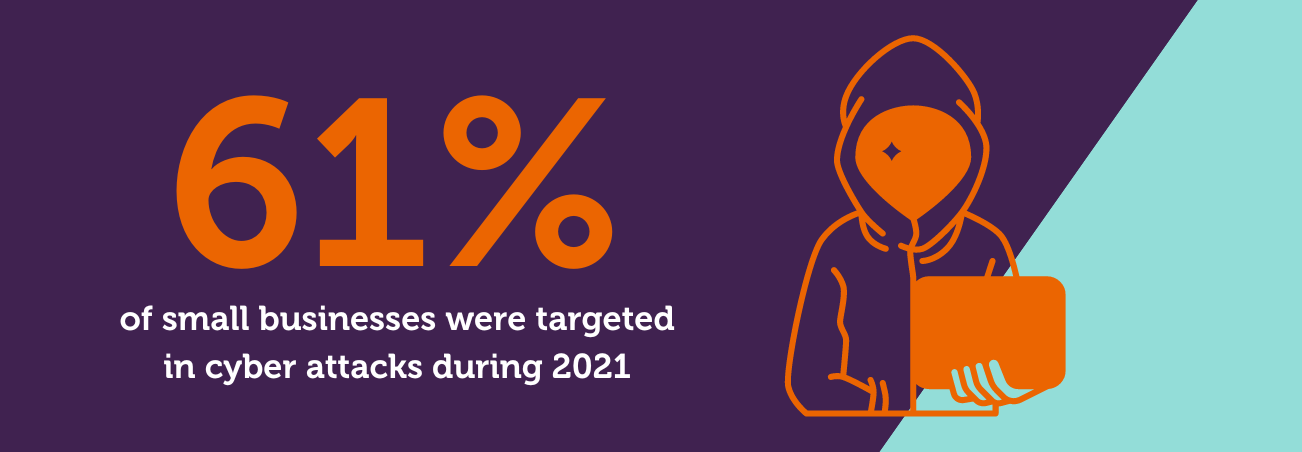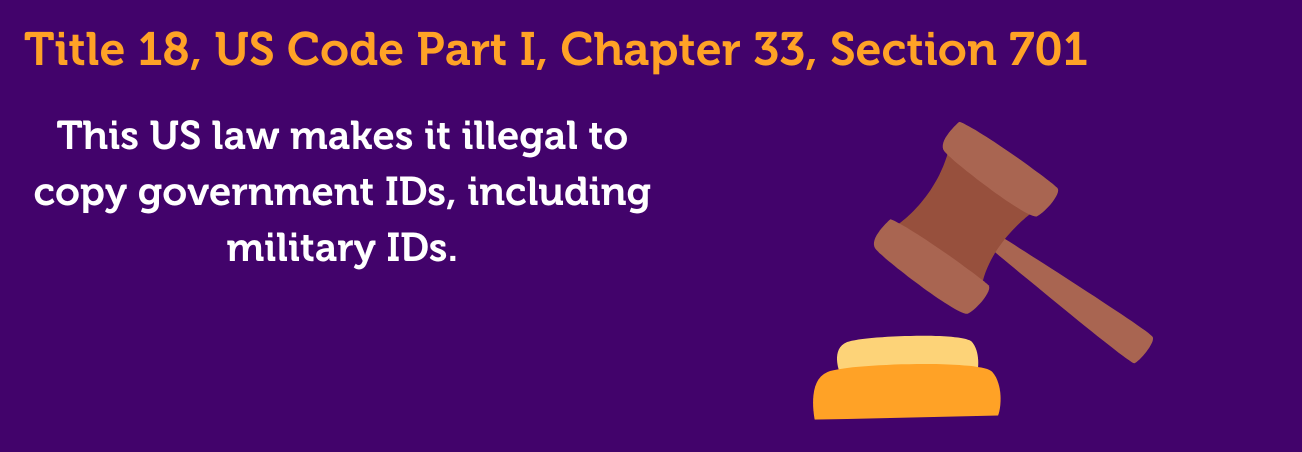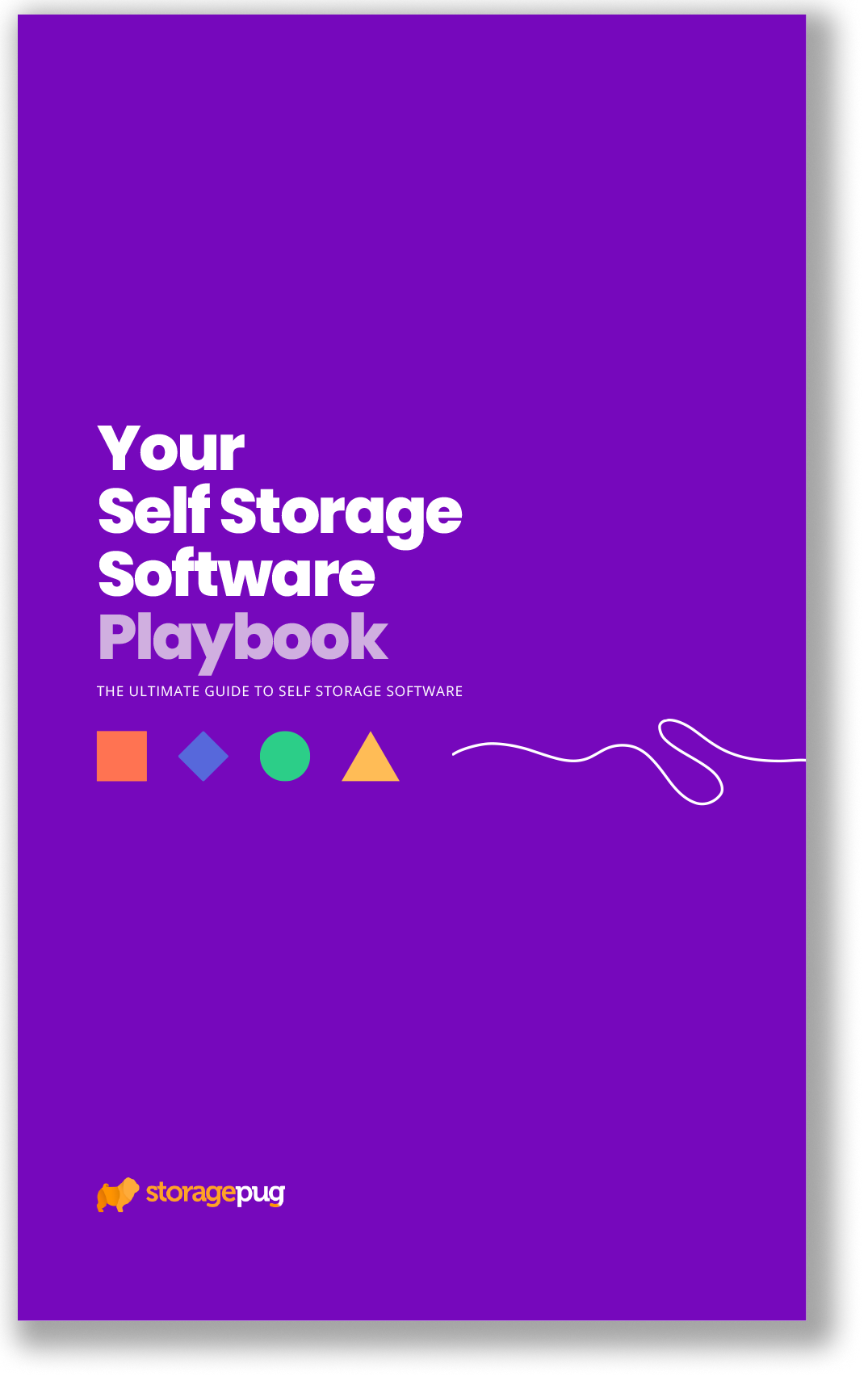Menu
December 15, 2022


Don’t get in trouble with the way you collect and use tenant photos and IDs.
Do you collect photo IDs from tenants with your rentals? Do you take photos of them for their records in your self storage software? Or maybe, do you have any photos of your customers as they walk your facilities or use their storage units?
There are many benefits to collecting IDs and taking tenant photos, but you need to make sure you do it the right way to stay out of trouble and make the most use of them!
And if you’re looking for a way to collect IDs right on your self storage website, see how we can help with that over here!
Collecting a photo ID—especially a driver’s license—has become fairly common in the storage industry.
But should it be?
There are a lot of positives and negatives that revolve around collecting photos or IDs from your tenants. Whether or not it’s something that you should do is, as with many choices with your business, dependent on what your goals are and what works best for you and your market.
We can’t give you a personalized answer right here in this blog post, but what we can do is go over what you should consider before making a choice!
One benefit of collecting IDs with rentals (and storing them in your self storage software) comes in the form of added security.
If you require a driver’s license to rent a storage unit, suddenly, people looking to do bad things are much less likely to want to rent from your storage facility.
Instead, they’re more likely to look for a facility that allows them some anonymity. This is true whether they’re looking to break into other storage units or looking to use the storage unit as a staging ground for something else bad or even criminal.
Anyone that runs a business is familiar with the concept of liability.
Collecting government-issued IDs from your tenants is one way to cover yourself. While it won’t be the end-all answer, it at least allows you a way to prove that you did your best to ensure you were renting to the proper person.
With official identification, you have a way to prove that—to the best of your ability—you provided access and assistance to the right customer. You can also use this ID to verify a customer’s identity or other information in the event that a storage unit enters the lien process.
There are some downsides to consider before implementing ID capture at your self storage facility.

Requiring a photo ID during your rental process will likely hurt your customer conversion rate.
That may be worth it to you. However, it is still something you should think about before making a decision! Sometimes this will lose your customers due to them being bad apples with bad intentions.
But sometimes, you’ll lose legitimate customers. The process might just become too complicated for them, or they may not trust a business with all of their personal information. After all, a driver’s license has a lot of sensitive information on it.
Check out this post for more information about ID collection and its impact on rentals.
If you’re going to collect and store IDs, you need to consider how to protect them.
As mentioned above, government-issued IDs, such as driver’s licenses, hold a lot of personal information. If you choose to collect and store copies of these IDs, you become responsible for securely storing them.
And if you’ve been paying attention to the news over the last decade or so, you know that data security is a hard battle even for large corporations.
ID capture can open you up to legal issues.
It’s true. And it’s linked to point number two: data security.
You might think that only large businesses are targeted by criminals when it comes to data security breaches, but that’s not what the statistics show. In fact, the frequency of attacks between large and small businesses is fairly even. Data shows that as much as 61% of small businesses were targeted by cyber attacks in 2021. A study of cyber attacks from 2016 shows that 43% of total attacks targeted small businesses.
That’s a lot of numbers, but what does it mean for your self storage business and collecting customer IDs?

Well, it means that you need to take care to properly store your customers’ data and do everything possible to secure it.
Of course, direct any legal questions toward a lawyer or other legal expert you trust before making a final decision!
There are only a few types of IDs that facilities typically accept, and only one that is the real focal point of the entire ID capture conversion.
It probably won’t surprise you that a driver’s license takes the top spot.
When most people ask for ID, they’re talking about a driver’s license. This is true across industries and applications.
State-issued IDs that aren’t related to driving can often be a stand-in for customers that don’t drive. Many states offer this form of identification for residents that don’t drive.
As for passports, this is probably a less common form of identification used at self storage facilities. However, it does serve the same purpose as a driver’s license when it comes to collecting IDs during self storage rentals.
Did you know it’s illegal to copy a government ID?
We’re not talking about government-issued IDs in general. This refers specifically to the ID cards, badges, and other proofs of office or employment related to government agencies.
This includes three main types of IDs:
This is according to Title 18, US Code Part I, Chapter 33, Section 701. Essentially, you can ask to see a government ID—such as a military ID—for the purposes of identity verification, but you shouldn’t make a copy of the ID.

As with other legal matters, if you have questions or concerns about the legality of collecting any form of ID, make sure to consult a legal expert.
Let’s talk about taking photos of your self storage customers.
We’ve spent a lot of time covering ID capture and the pluses and minuses of storing your self storage tenant’s driver’s license, but what about just taking pictures of your customers?
One method that self storage operators use is to take a photo of every new tenant and attach that photo to the customer’s record in their chosen self storage software. This allows managers to quickly pull up a customer’s account, see the photo, and confirm they’re talking to the right person.
Ultimately, this helps increase the security of a self storage tenant’s belongings by decreasing the chances that someone can impersonate them.
There are other ways to use photos of self storage customers outside of photo ID capture or taking photos for identification purposes during the rental step.
One main benefit of having customer photos on hand?
Marketing.
People like to see people in marketing. They like to see people that they feel represent themselves, and they respond better to the marketing if it doesn’t feel like a staged scene with paid actors.

If you’re able to capture photos of your tenants walking the facility, accessing gates, opening up or closing their storage unit, and otherwise making use of your facility, take the opportunity to do so!
Always make sure to get consent before using these photos, though. It’s even better if you can get consent ahead of taking them.
These photos can then be used on your website, posted to your social media accounts and other online citations, and added to your Google Business Profile’s photo collection.
In the end, the most important lesson is to be informed and educated before making a choice.
Weigh the positives and negatives of self storage ID capture. Make sure you are versed in the legal aspects of navigating the collection of IDs. And if you do choose to collect your customer’s ID, make sure your self storage software or other storage points are secure.
You can also get great use out of simple photos for on-site identification purposes if that’s your main concern.
And if you can gather photos of customers using your facilities and get permission to use them, you can really add a boost to your marketing efforts!
See some of our other favorite posts about self storage operations and websites!
At StoragePug, we build self storage websites that make it easy for new customers to find you and easy for them to rent from you.
